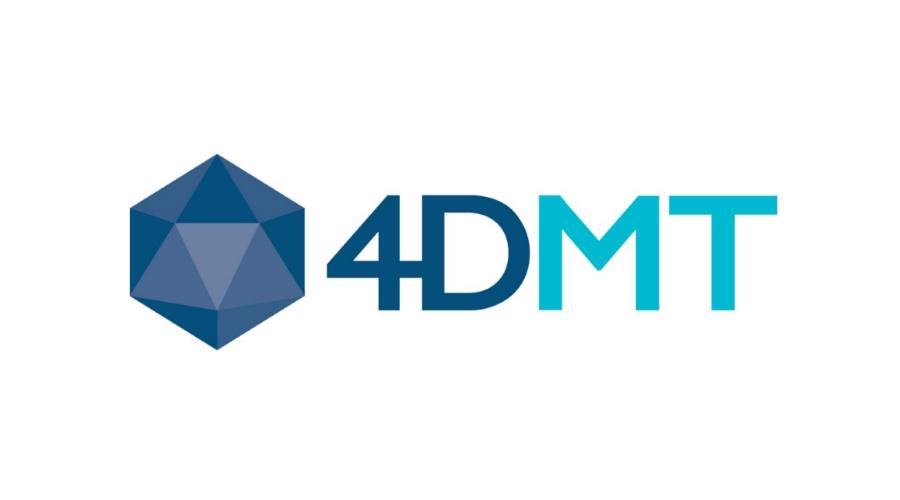4DMT's Fabry gene therapy on hold, but 'remains active'

4D Molecular Therapeutics (4DMT) has said a trial of its gene therapy for Fabry disease has been placed on a clinical hold by the FDA, a few weeks after it reported three cases of atypical haemolytic uraemic syndrome (aHUS) in the first six patients enrolled in the study.
In a filing with the Securities & Exchange Commission (SEC), the biotech noted that it had already stopped enrolment in the phase 1/2 INGLAXA study in January, opting to follow-up the six recipients of the one-shot therapy for 12 months before making a decision on taking the programme forward into a pivotal trial.
It added, however, that after consultation with the FDA the IND for 4D-310 remains "open and active", and patients in the study will be followed for safety and cardiac endpoints, including left ventricular function.
The open-label study of 4D-310 – an adeno-associated virus (AAV) gene therapy that encodes a copy of the GLA gene which is faulty in Fabry disease – is testing to see if the patients see an improvement in cardiomyopathy, one of the key clinical features of the disorder. It was designed to recruit 18 subjects.
"The FDA acknowledged the company’s paused enrolment worldwide, directed the company to continue long-term follow up of treated patients […] and noted that it would provide feedback regarding the 4D-310 trials within 30 days," said 4DMT in the filing.
aHUS is a disorder that causes abnormal blood clots to form in small blood vessels in the kidneys, and can progress to kidney failure and death if not resolved.
When 4DMT first announced the three cases of aHUS it said it would withdraw the Investigational New Drug (IND) approval for the gene therapy, which gives a green light for sponsors to test therapies in trials.
The FDA has, however, allowed the IND to remain active after discussions with the biotech, which is hoping to switch from the use of a corticosteroid-based immunosuppressive regimen - used to allow the gene therapy to take hold - to an alternative based on rituximab and sirolimus that it hopes will prevent aHUS.
The decision to press on comes after 4DMT reported that three of the six patients treated with the gene therapy who reached 12 months follow up had improvements in all cardiac endpoints, including LVF measured by ECG.
4D-310 is one of three Fabry disease gene therapies coming through the clinical pipeline, along with Sangamo's ST-920 and Freeline's FLT190, both currently in phase 1/2 trials.












